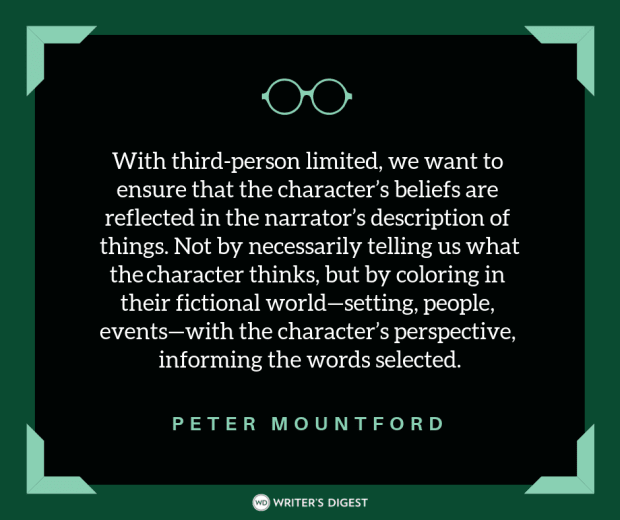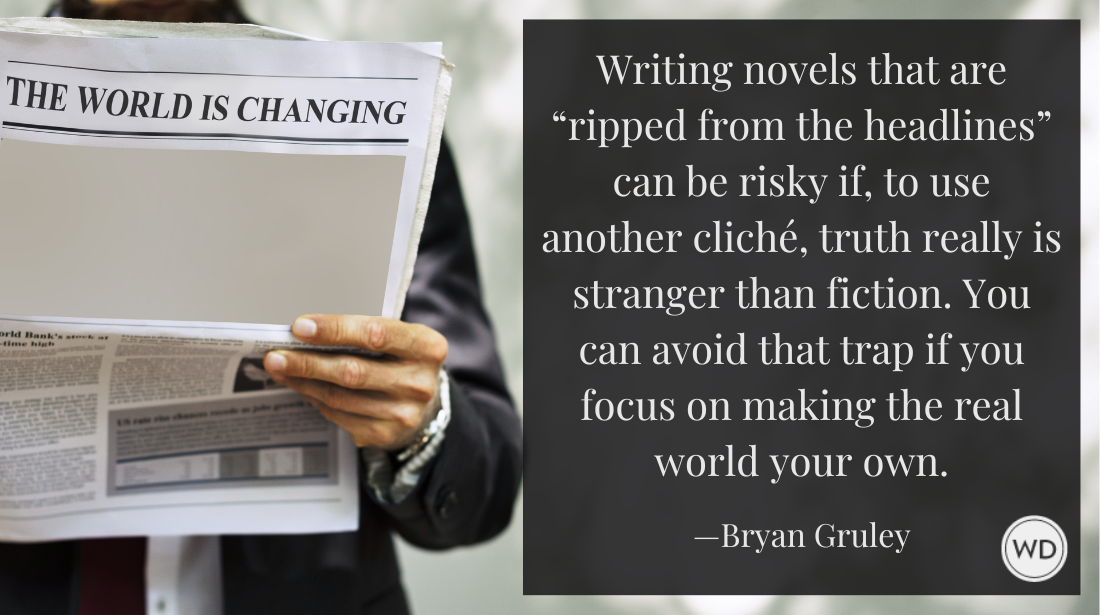Before You Decide to Pursue an MFA: 7 Essential Tips
Today we have a guest post from Writer’s Digest author Tim Lemire (I’m an English Major, Now What). Getting your MFA degree in creative writing sounds alluring, especially with the…
Today we have a guest post from Writer's Digest author Tim Lemire (I'm an English Major, Now What).
Getting your MFA degree in creative writing sounds alluring, especially with the job market in the doldrums: “I think I’ll take a couple years off and work on the Craft.” But before you pack your bags with unfinished fiction or poems, clean underwear, and a whole lot o’ dreams, consider these caveats.
1. “Great writer” doesn’t necessarily translate to “great teacher.” You may fantasize about studying with your literary hero or heroine, but if meeting your heroes is disappointing (and it often is), being critiqued by them won’t be a joy ride either. Pick your MFA program based on something more than its star prof: e.g., location, course requirements, cost, length of program, diversity of student body.
2. “Professor” doesn’t necessarily translate to “mentor.” You may dream of your esteemed writer/professor taking you under her wing, introducing you to her contacts in publishing, getting you an agent, and inviting you to parties, but none of this is in her job description. Your teachers are there to read what you put in front of them and offer feedback -- period. You may end up getting special attention, but don’t expect it.
3. Talk and ask questions. As you consider programs, contact faculty and schedule time for a phone chat, to get to know them better. Also ask to be put in touch with current MFA students or recent alumni. Take notes.
4. Ask about workshop philosophy. Your success in workshop will depend largely on the critical atmosphere the moderating teacher allows. Ask professors: Do they insist on discussions that are respectful and helpful, or do they enjoy watching students mix it up like cats in a sack?
5. If you’re writing fiction, show up with a novel in draft. Short fiction is wonderful, but it doesn’t sell. Your professors know this and will likely critique any longer manuscript you have ready. (Confirm this with them.) Having a novel manuscript to show publishers or agents will stand you in better stead than having just a handful of stories.
6. Prepare for a schedule change. Working 9-to-5 can be a grind, but it’s predictable and secure. The academic schedule changes daily. Teaching classes, attending classes, holding office hours, working a part-time job, and trying to be a literary genius on top of it all is no small organizational feat. You will need to be an expert budgeter of time and energy.
7. Lower your expectations of being “literary” with your program colleagues. You’re going to graduate school, not stepping back in time to some 1920s-era fantasy of expatriates in Paris. Check your pipe, cape and bon mots at the door: The MFA program will likely be more work than you imagine.
Finally, if you’re not accepted into any MFA programs, don’t take it as a sign from the heavens that you weren’t meant to be a writer. That decision is up to you, not Fate or Destiny or some committee. There’s always next year, and plenty of writers fared OK with that MFA degree.
Tim Lemire, a graduate of the MFA program in creative writing at the University of Michigan, is the author of I'm An English Major -- Now What? How English Majors Can Find Happiness, Success, and a Real Job (Writer's Digest, 2006). He also posts TIM'S ENGLISH, a weekly five-minute podcast about effective communication: http://timsenglish.blogspot.com.
Jane Friedman is a full-time entrepreneur (since 2014) and has 20 years of experience in the publishing industry. She is the co-founder of The Hot Sheet, the essential publishing industry newsletter for authors, and is the former publisher of Writer’s Digest. In addition to being a columnist with Publishers Weekly and a professor with The Great Courses, Jane maintains an award-winning blog for writers at JaneFriedman.com. Jane’s newest book is The Business of Being a Writer (University of Chicago Press, 2018).









